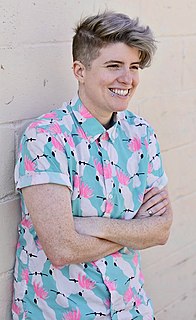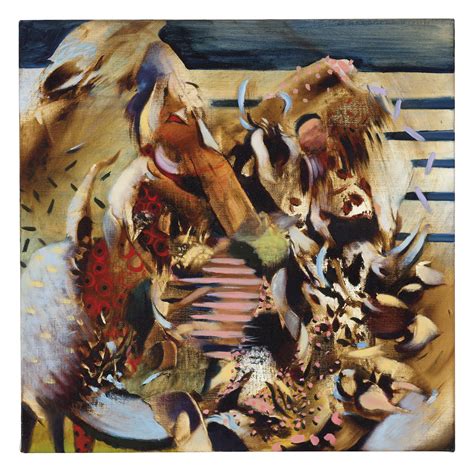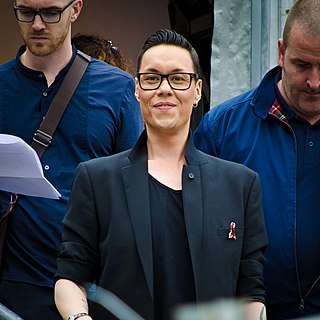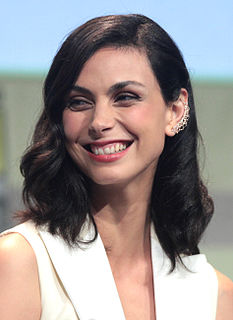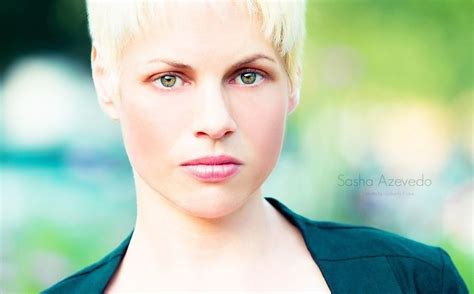A Quote by Eric Fischl
I don't think my work is so much about opening up wounds. I think it's about understanding the nature of the wound. I'm not bleeding on the canvas. I, like most people, have suffered traumatic events. The character of a person's life is determined by the way they deal with those events. I am a creative person and I deal with it creatively.
Related Quotes
I think we need to make documentaries about fantasy and storytelling. I think I just started to scratch the surface of a method that allows us to do that. We want to be sucked into the events, suspend our disbelief and imagine that this is a fiction, but actually putting onscreen the gap between who the people are and who they want to be and therefore opening the question about why they want to be this person.
It's to come up with a deal that both sides feel they can live with. And I think that that's probably where we're going to end up. I think that Donald Trump has people working for him who are ultimately deal-makers. And the Canadians are the same way. They're grownups about this. That's why you saw the prime minister of Canada, Justin Trudeau not respond to Trump with the same rhetoric, but to talk about the strength of the relationship and the desire for a deal.
One posthumous measure of a person's life is how often you imagine his impossible return to deal with some event he never lived to encounter. You picture his reactions, his advice, his sage commentary and humorous asides. For instance, I think about Mark Twain's hypothetical take on current events several times a week.
In physics we deal with states of affairs much simpler than those of psychology and yet we again and again learn that our task is not to investigate the essence of things-we do not at all know what this would mean&mash;but to develop those concepts that allow us to speak with each other about the events of nature in a fruitful manner.
The belief in the probability of death with dignity is our, and society’s, attempt to deal with the reality of what is all too frequently a series of destructive events that involve by their very nature the disintegration of the dying person’s humanity. I have not often seen much dignity in the process by which we die.
I think, in general, this country makes a huge deal about nudity and not a big enough deal about violence. We're allowed to cut people's heads off on shows - but not allowed to show breasts or somebody breastfeeding or whatever. I think it's a big deal in America especially. But I think to each is own.
I think [Iranian deal] was the worst deal I've ever seen negotiated. The deal that was made by the [Barack] Obama administration. I think it's a shame that we've had a deal like that and that we had to sign a deal like that and there was no reason to do it and if you're going to do it, have a good deal.


